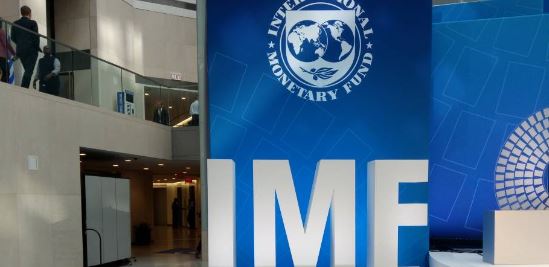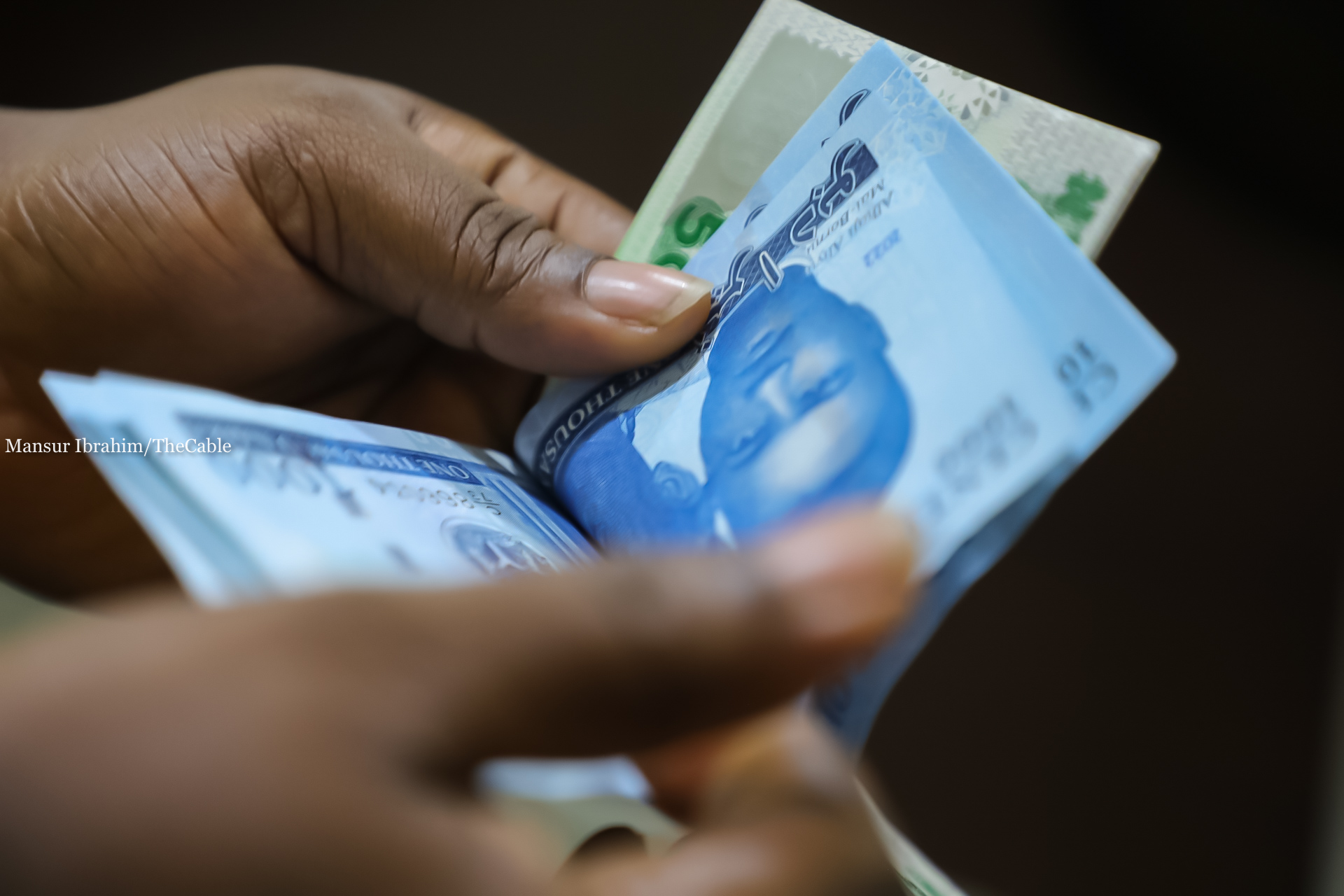Ruud De Mooij, the deputy director of the fiscal affairs department of the International Monetary Fund (IMF), says tax evasion and concessions are rampant in Africa.
Mooij said this while addressing how Africa can increase taxes during IMF’s October 2023 fiscal monitor press briefing on Wednesday.
“There’s a lot of tax evasion. There are studies on the VAT of tax evasion which relate to failure to register, failure to remit tax, underreporting of income, false claims for refunds,” Mooij said.
The director said preventing tax evasion will generate up to 2 to 4 percent of gross domestic product (GDP) depending on the quality of enforcement.
Advertisement
“Good revenue administration can go a long way in mobilizing more revenue,” he said.
Speaking on tax concessions, Mooij said African countries have many revenue sources, such as income tax and value-added tax (VAT), but they lose 2 and 5 percent of GDP to concessions.
He said certain industries and commodities enjoy these concessions.
Advertisement
Also, the IMF official said there are opportunities for new taxes such as carbon tax because it is easy to administer by countries with limited capacity.
Mooij said: “A carbon tax is relatively easy to administer, especially interesting for countries that have limited capacity, administrative capacity to generate revenue, because you levy the tax from just a number — a small number of sources, usually large companies.”
He advised that to politically increase taxes, African governments should link their tax increment to development agenda.
“And there are many examples also in Africa that have managed to increase tax revenue, over a relatively short period of time, quite significantly, by multiple percentages of GDP. And I think we can learn from these examples,” Mooij said.
Advertisement
He said there is a huge need for revenue mobilisation in Africa because many countries are also facing high debt levels.
According to Mooij, a study by the IMF on the revenue potential of countries, showed that the continent can generate 7 percent of their GDP through reform of policies and reform of administrations.
Add a comment






